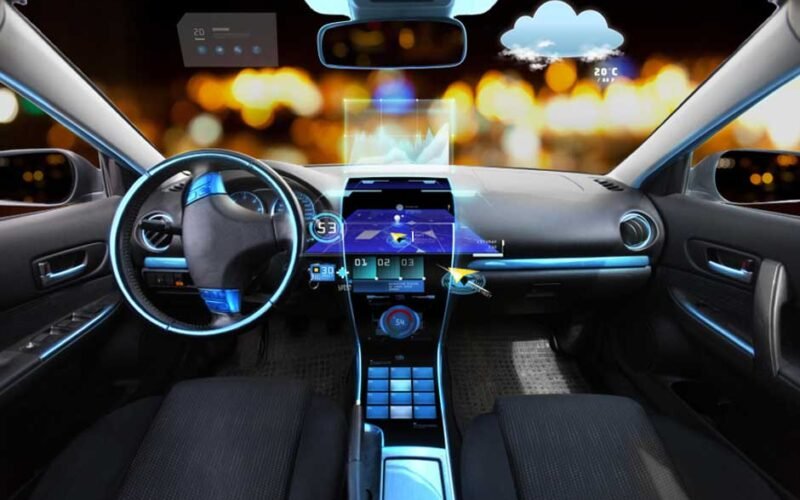As we continue to push the boundaries of technology, the automotive industry has seen a remarkable evolution in the past decades. From basic transportation to luxurious and efficient machines, modern vehicles have taken on a whole new level. The advancement in automotive technology has revolutionized the way we travel.
It has also paved the way for a safer and more sustainable future. In this blog post, embark on a journey through the evolution of automotive technology. Read on.
The Early Days: Mechanical Simplicity
The first automobiles, like Karl Benz’s 1885 Benz Patent-Motorwagen, were simple machines. Early vehicles used steam or combustion engines, but they lacked many of the features we now take for granted.
These vehicles were primarily mechanical.
It relies on basic steering, braking, and acceleration systems. Technology in these early cars focused largely on improving engine efficiency and reliability, and even the concept of the “dashboard” was non-existent.
The Rise of Safety: Airbags, ABS, and More
As automotive technology progressed, so did the emphasis on driver and passenger safety. In the 1970s, the introduction of antilock braking systems (ABS) marked a major breakthrough in preventing skidding during hard braking. It was followed by innovations such as airbags, which became a standard feature in most cars by the 1990s.
These safety advancements reduced the risk of injury during accidents. It also set the stage for the development of more advanced systems like electronic stability control (ESC). This further enhanced vehicle safety.
Throughout the 2000s and 2010s, safety technology became even more refined, incorporating features like:
- lane-keeping assist
- collision warning
- automatic emergency braking
Infotainment and Connectivity: The Digital Revolution
While safety was a priority, comfort and entertainment became equally important for modern drivers. The early 2000s saw the rise of infotainment systems-complex, touch-screen interfaces into a single, user-friendly platform. It integrates navigation, music, communication, and climate control.
These systems have become increasingly advanced. It offers seamless integration with smartphones, voice assistants, and advanced navigation features like real-time traffic updates.
Today, many cars come equipped with smartphone connectivity features. It allows drivers to access their favorite apps and services from the comfort of their vehicle.
Electrification: The Future of Sustainable Driving
One of the most significant shifts in automotive technology in recent years has been the move toward electric vehicles (EVs). Driven by the need to reduce carbon emissions and reliance on fossil fuels, automakers have invested heavily in developing fully electric and hybrid models. Some brands have introduced vehicles that run entirely on electricity, offering:
- impressive ranges
- rapid acceleration
- a new standard in energy efficiency
Electric vehicles are more eco-friendly. They are also equipped with:
- innovative battery management systems
- regenerative braking
- autonomous driving capabilities
Autonomous Vehicles: The Road Ahead
Perhaps the most exciting frontier of automotive technology is autonomous driving. With companies like Waymo, Tesla, and traditional automakers pushing the envelope, fully self-driving cars are on the horizon. These vehicles use a combination of:
- LiDAR
- radar
- cameras
- machine-learning algorithms
This is to navigate without human intervention. While fully autonomous vehicles are not yet a common sight on the roads, semi-autonomous features like autopilot and hands-free driving have already entered the market. If you’re interested to explore more, check out some name brands, such as Nissan.
Be in Awe of the Modern Vehicles
The evolution of automotive technology has been nothing short of revolutionary. Modern cars are marvels of engineering. As we continue to move towards a future of electrification and autonomy, one thing is clear: the road ahead promises even greater innovations, driving us toward a new era of transportation.
If you want to read more articles, visit our blog.










